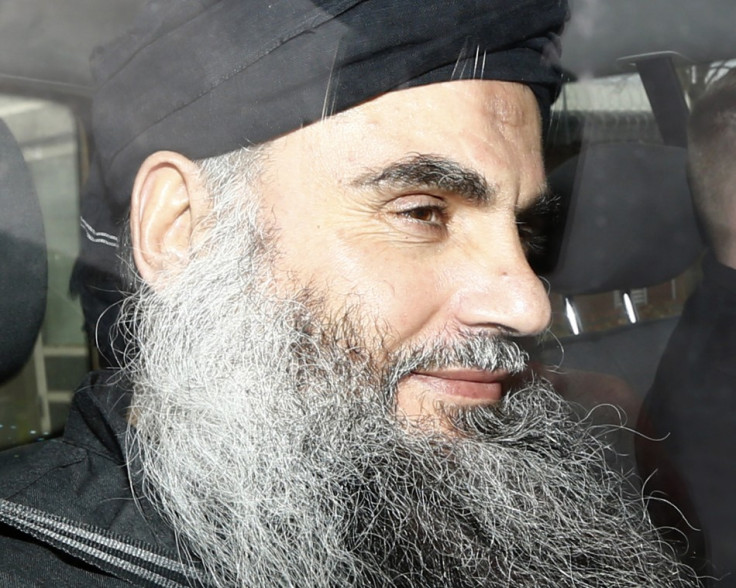Radical Cleric Abu Qatada To Be Deported from UK

Abu Qatada will finally be deported from Britain to stand trial in Jordan on Sunday 7 July after his decade-long legal battle came to an end
The radical Muslim cleric will be taken from Belmarsh prison and put on a plane at RAF Northolt in West London at 2am on Sunday, as part of a major bilateral security operation involving British and Jordanian officials.
Qatada, 53, will be flown to a remote airstrip in the Jordanian desert before being transferred to the maximum-security Muwaqqar prison in a military zone near the capital Amman, where he will be held in solitary confinement.
The authorities in Jordan wish to put Qatada on trial for a second time over his alleged involvement in two bomb plots in the late 1990s. In 1999, Qatada was tried in absentia and sentenced to life imprisonment.
A Jordanian government source said: "He has been accused of a lot of serious activities and has been out of Jordan for a long time. The authorities will want to question him about many things he has done in Jordan and since leaving."
Qatada's deportation will be hailed as a major triumph for the home secretary, Theresa May, after a 10-year judicial process that has cost the taxpayer an estimated £1.7million.
Qatada, whom the government has described as a "truly dangerous individual", had successfully claimed for much of the last decade that sending him back to Jordan would breach his human rights.
But last month he accepted he could return once a fair-trial treaty between Jordan and the UK came into effect.
Jordan this week published its treaty with Britain, explicitly ruling out the use of evidence obtained through torture from being used against him in court.
Qatada was granted asylum in Britain in 1993, after fleeing the Middle East.
He had contacts with several convicted terrorists including "shoe-bomber" Richard Reid, while his increasingly radical sermons saw him labelled a "hate preacher".
Copies of his sermons were found in the Hamburg flat used by the 9/11 hijackers. He briefly went on the run in 2001, as new legislation was passed allowing foreign terror suspects to be detained without trial.
Qatada, a Palestinian who holds Jordanian citizenship, has been under worldwide embargo by the UN Security Council for his alleged al Qaida links.
For most of the last decade, Qatada has been held at Belmarsh prison. He was twice granted bail, but returned to custody after breaching strict bail conditions restricting the use of mobile phones and communications.
Jordan meanwhile published the treaty paving the way for Qatada's deportation. Britain welcomed the move. Security Minister James Brokenshire said: "Our focus is on seeing Abu Qatada on a plane to Jordan at the earliest opportunity."
© Copyright IBTimes 2025. All rights reserved.





















